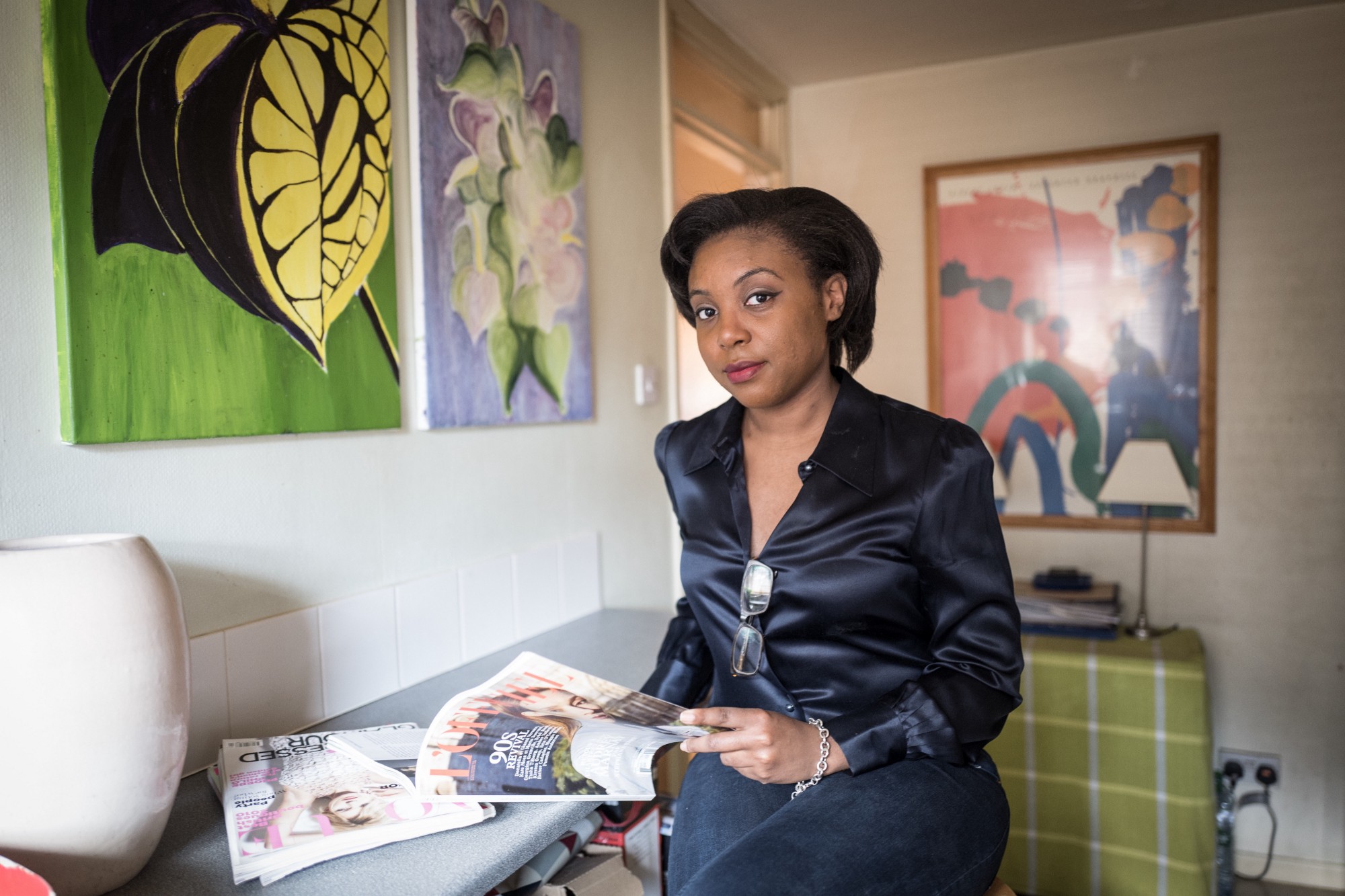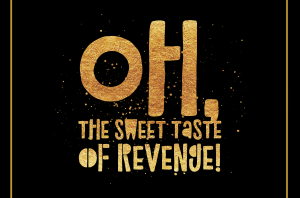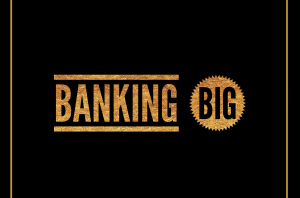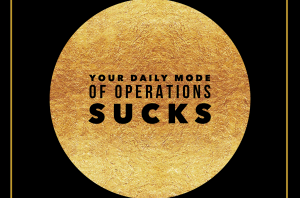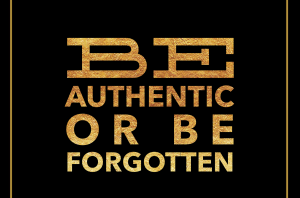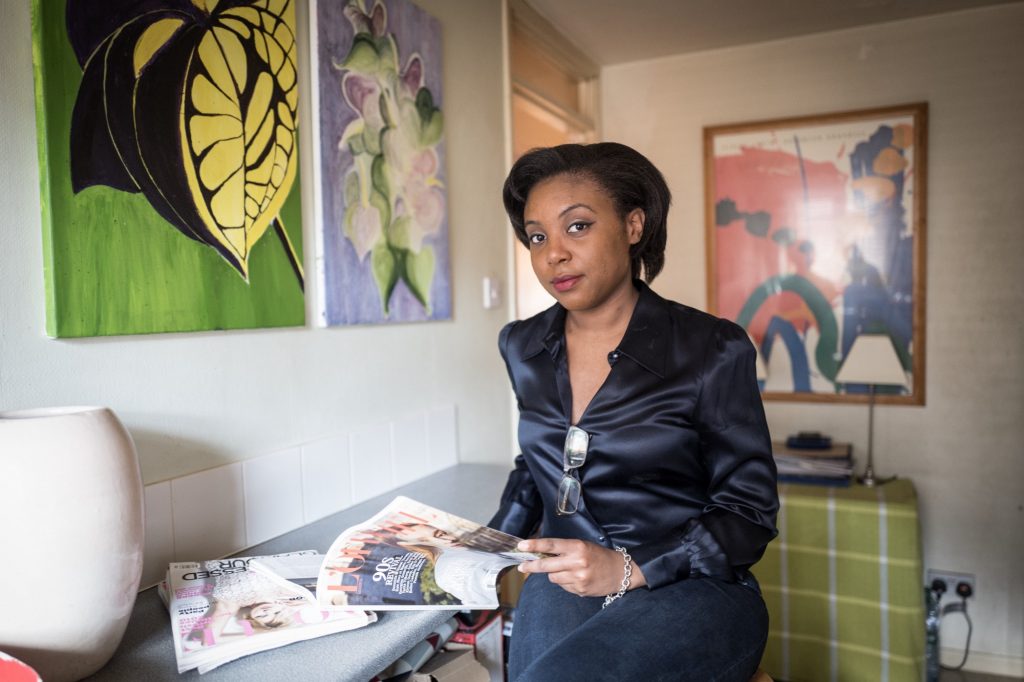
“Whatever you do — don’t market yourself as an Influencer. Stick to journalism. That’s a proper craft.” This was advice I received from a fashion PR director.
After graduating, I dabbled in media sales and internal recruitment. But having grown up reading my mother’s copies of Vogue, perhaps it was inevitable that I would end up in fashion and lifestyle journalism.
At 24, my CV showed I had worked hard in paid employment, but lacked the editorial internships and masters degree (both requiring considerable financial expenditure) that seem to be vital to entry level journalism.
So I decided to create my own outlet, a platform celebrating craftsmanship while supporting new artisans bringing products to market. It has put me in competition with fashion and lifestyle magazines and blogs. Using social media as a marketing tool also brought me into contact with a new tribe of competitors: “influencers”.
Influencers are social media “stars” who have monetised their subscriber base on Instagram by posting pictures and endorsing brands. Instagram advertisements and sponsored posts on lifestyle blogs are interactive. Equipped with a hyperlink, the transaction is instant, which threatens the print model: there is less incentive for brands to spend £15,000 on a double-page spread in a glossy magazine.
Kylie Jenner has 24.5m Twitter followers. Any brand she endorses feels the effects immediately. Last month Snapchat was reported to have lost more than $1bn of its market value after she posted: “soo does anyone else not open Snapchat any more? Or is it just me . . . ugh this is so sad”.
Ms Jenner and her sister Kim Kardashian used Instagram to upend the cosmetics industry. By combining tutorials with selfies, they demonstrated how amateurs with smartphones could become a player in an established field. It made me question how the arrival of influencers has affected artisans who refined their craft and built their careers offline.
Kay Montano has spent more than two decades as a make-up artist working with clients such as Vogue, Calvin Klein and Versace. She says: “I came up in the business when it was about authenticity and experimentation. This new culture of instant gratification and pursuit of 15 minutes’ of fame means there is no time to cultivate a real craft or genuine skill. They no longer invest the time required to become a true artisan. The industry suffers because the quality of work is depleting.”
This concern for the loss of craftsmanship at the hands of “influencer-led” culture echoes the fashion PR director’s advice. The company she represented had spent money on sponsored posts and features by bloggers. In some cases the articles were poorly written and the social media posts featured captions with terrible grammar.
“Influencers” started life as brand ambassadors, but as their popularity increased, so too did their desire to diversify, straying into areas that require talent and training. Journalism, copywriting and advertising belong to the art of storytelling. As with music and design, technology has enabled many to mask their lack of genuine craftsmanship.
Is the influencer bubble about to burst? I think so. In response to “fake news” and digital fatigue, there has been a resurgence of new and existing niche print titles. Luxury glossy magazines are holding up. What social media analysts may have failed to identify in their initial enthusiasm was the extent to which not all “likes” convert into transactions.
They may have overlooked the possibility that millennials value real-life expertise and brand reputation when it comes to spending their own money.
This month, two ventures from Instagram bloggers have run into trouble. Ella Mills (known as Deliciously Ella with 1.2m followers) announced the closure of two of the three branches of her delicatessens in London, with losses of more than £700,000. (Ms Mills’s other businesses — cookbooks and food products — are doing well, according to the Times). Millie Mackintosh, reality star and influencer (2m followers), is closing her clothing line, citing “the challenging financial climate within the industry”. According to the Evening Standard, the business is folding.
Lawrence Price, a personal trainer, fitness expert and influencer with more than 24,000 followers, offers his perspective: “There’s pros and cons,” he says: “For over 10 years I had been coaching clients tucked away on private gym floors. It is only the last year or two that my platform and scope has elevated . . . due to platforms such as Instagram.”
But he adds: “Those with the most power on social media have the least knowledge, and those with the most knowledge have the least power.” I think he is right.
And I am confident that the expert and the artisan will outlast the influencers. As every fashion-lover knows, all that glitters is not gold.

